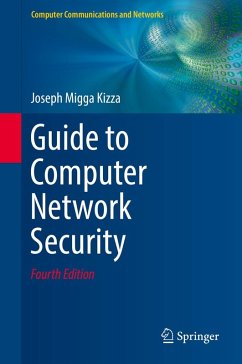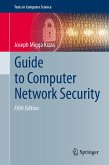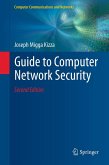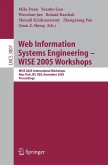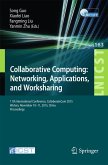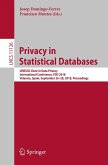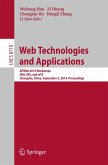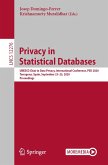Topics and features:
· Highlights the magnitude of the vulnerabilities, weaknesses and loopholes inherent in current computer network technologies
· Discusses how to develop effective security solutions, protocols, and best practices for the continuously evolving computing environment
· Examines the role of legislation, regulation, and enforcement in securing computing and mobile systems
· Describes the burning security issues increasingly brought about by the rapid advances in technologies like the Internet of Things, and the eroding boundaries between enterprise and home networks (NEW)
· Provides both quickly workable and more thought-provoking exercises at the end of each chapter, with one chapter devoted entirely to hands-on exercises
· Supplies additional support materials for instructors at an associated website, including laboratory exercises and projects, answers to selected exercises, and course slides
This essential guide serves as both a textbook and a reference "toolbox" on all aspects of cyber security in the ever-evolving computing ecosystem. As such it will prove invaluable to a broad audience from students, researchers and practitioners in computer science and engineering, to data science security personnel and policy makers.
Dr. Joseph Migga Kizza is Head and Professor, Department of Computer Science and Engineering, and past Director of the Center for Information Security and Assurance at the University of Tennessee at Chattanooga, TN, USA. Among his other publications are the successful Springer textbooks Ethical and Social Issues in the Information Age and Ethics in Computing: A Concise Module.
Dieser Download kann aus rechtlichen Gründen nur mit Rechnungsadresse in A, B, BG, CY, CZ, D, DK, EW, E, FIN, F, GR, HR, H, IRL, I, LT, L, LR, M, NL, PL, P, R, S, SLO, SK ausgeliefert werden.

